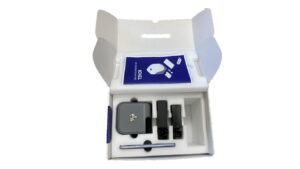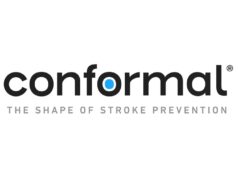 CardioRenal and CHU Grenoble Alpes have announced an innovation that allows chronically ill patients to measure their blood potassium levels autonomously and accurately.
CardioRenal and CHU Grenoble Alpes have announced an innovation that allows chronically ill patients to measure their blood potassium levels autonomously and accurately.
The Tenor device enables patients to measure their blood potassium levels at home, similar to how diabetic patients have conducted blood sugar self-tests for many years.
“Tenor will represent a considerable improvement in treating patients living with chronic renal failure. Thanks to Tenor, patients will be able to take potassium measurements much more frequently at home,” said Pierre-Louis Carron (CHU Grenoble Alpes, Grenoble, France), principal investigator in the Gamma clinical trial. “In this way, doctors will have the means to influence treatment and better regulate potassium levels, one of the vital parameters for cardiac function.”
Currently under clinical development, Tenor is designed for home use by patients with renal or cardiac insufficiency. Tenor performs a precise potassium measurement and transmits the values to the CardioRenal web platform, to which attending physicians have access. This enables them to make informed decisions on therapeutic adjustments.
The Tenor device is the result of a multi-year research collaboration between CardioRenal and the CEA in Grenoble. In 2023, Tenor received the breakthrough designation device label from the US Food and Drug Administration (FDA).
“In current practice, blood potassium measurement is invasive and requires venipuncture, which prevents it from being carried out as often as necessary. In certain phases of treatment for chronic patients, potassium values need to be available frequently to optimise treatment. With Tenor, the patient will be able to take this measurement as often as necessary,” said Patrick Rossignol, co-founder of CardioRenal.
For patients with the most advanced stages of kidney disease, the risk of adverse cardiovascular events is strongly linked to potassium variations outside normal ranges. Patients measuring their potassium levels should help limit this risk. Specifically, dialysis patients can easily check their levels on Sunday when the risk of hyperkalemia is highest. Clinical studies will be carried out over the coming years to demonstrate the benefits of the Tenor device, the company said in a press release.








